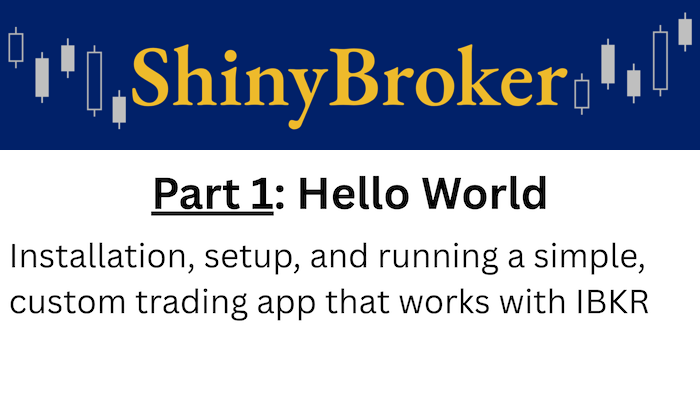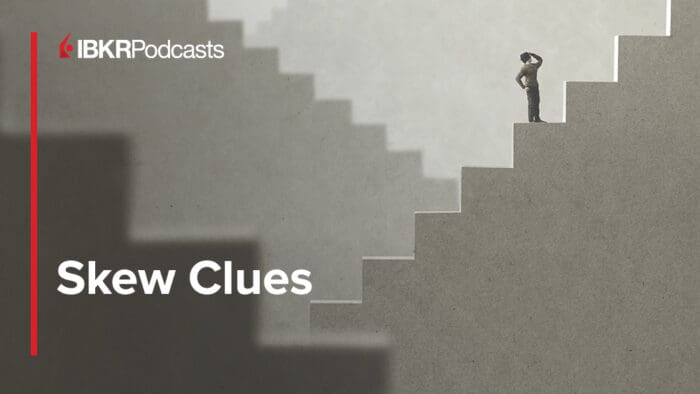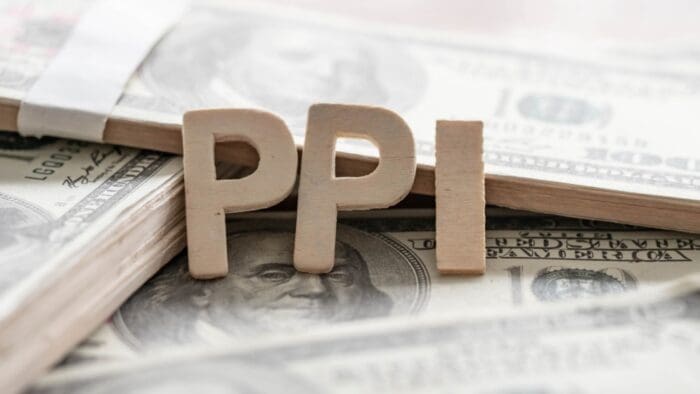Yields are plunging in bull-steepening fashion as this morning’s lighter-than-expected PPI quells concerns of tariffs leading to firms passing on higher costs to consumers. Those worries were found under the hood of yesterday’s CPI, as core goods charges excluding automobiles accelerated sharply, although the segment comprises a small share of the overall inflation picture, which is dominated by services and influenced by the non-core food and energy components. Cooperative price pressures this year have not been enough for the Federal Reserve to lower its benchmark in 2025 due to cross-border commerce uncertainty, frustrating President Trump. Moreover, anecdotal evidence suggests that Kevin Hassett, director of the National Economic Council, is in the lead to head the central bank next. Meanwhile, a trade deal between Washington and Jakarta are also reducing angst and leading to rising optimism that more agreements are on the way. Top of mind for further progress is a potential agreement with New Delhi and a more comprehensive accord with Beijing. Investors are responding to the mix of developments by buying Treasuries with a shot-end bias, futures of the commodity majors across the complex excluding crude oil, bitcoins, forecast contracts and equity volatility protection instruments. Conversely, traders are trimming stock in most sectors minus healthcare and real estate, while lower borrowing costs weigh on the greenback.
Services Overwhelm Other Major PPI Category Increases
Wholesale inflation was nonexistent last month according to this morning’s Producer Price Index (PPI), as a decline in services costs offset an increase in core goods, food and energy charges. June’s doughnut figure arrived well below expectations calling for a 0.2% month-over-month (m/m) increase and May’s 0.3% uptick. Additionally, the annualized 2.3% year-over-year (y/y) number was lighter than the 2.5% projected and the previous period’s 2.7%. Energy, core goods and food costs increased 0.6%, 0.3% and 0.2%, but amongst services, transportation/warehousing and the other category declined 0.9% and 0.1% while trade was unchanged.
Industrial Production Posts First Gain Since February
June industrial production posted its first gain in four months following unchanged levels in May and April and a decline in March. The 0.3% m/m and 0.7% y/y expansion exceeded the 0.1% and 0.4% projections by sizeable amounts. The progress was driven by a 2.8% m/m climb in utilities and a 0.1% uptick in manufacturing. The mining category offset some of the momentum at the margins, decreasing 0.3% during the period. Across market groups, materials, nonindustrial supplies, consumer goods and business equipment advanced 0.4%, 0.4% 0.2% and 0.1% m/m.
Goods Are Less Significant Than Before
As the US economy has grown over the decades, services have consistently expanded their influence on overall activity and inflation. This morning’s PPI reflects that significant reality, as softness in services overwhelmed cost pressures in core goods. But another meaningful reality is that had it not been for loftier energy costs we would have seen deflation in today’s print, since the goose egg headline was supported by heavier fuel, food and physical product charges.The bottom line is that conditions and price levels are more insulated from global tariff pressures than ever before and although there has been some bumpiness associated with the trajectory of costs, I’m expecting this episode to resemble the trends from President Trump’s first administration. Indeed, cross-border commerce disputes alongside reaccelerating economic growth did push up the CPI to a peak of 2.9% in July 2018, but the gauge never reached a 3-handle despite Washington’s confrontational posture towards Beijing. This time isn’t different, and I don’t expect inflation to gain much steam from here. Finally, I’m seeing an easy bar for tomorrow’s retail sales figure as the median estimate of 0.1% seems way too low for me in consideration of two consecutive negative months in April land May. I’m projecting a number closer to 0.6%, which would boost optimism that the American consumer is conquering headwinds and remains resilient.
International Roundup
UK Price Pressures Stronger than Expected
UK inflation was hotter than anticipated by economists’ consensus estimate in June with the Consumer Price Index (CPI) up 0.3% m/m and 3.6% y/y compared to forecasts of 0.2% and 3.4%. The print was also up from May’s 0.2% m/m and 3.4% y/y results.
The CPIH, which includes the costs of owner-occupied housing, furthermore, matched the result of the CPI m/m metric but was up 4.1% y/y. It reflected a deceleration in shelter inflation with costs climbing 6.4% y/y compared to 6.7% in May.
The core CPI, which excludes energy, food, alcohol, and tobacco prices, was also hotter than anticipated with 0.4% and 3.7% m/m and y/y hikes. Economists anticipated 0.2% and 3.5% results, respectively, which would have matched May’s report.
Regarding the monthly CPI hike, categories with higher charges and the amount of the changes were as follows:
- Restaurants and hotels, 0.8%
- Transport, 0.7%
- All services, 0.6%
- Alcohol and tobacco, 0.5%
- Furniture and household goods, 0.4%
- Recreation and culture, 0.3%
- Housing and household services, 0.1%
- All goods, 0.0%
Economists have anticipated that the Bank of England will reduce its benchmark interest rate next month with the UK economy slowing recently, but this morning’s data is like to temper enthusiasm for central bankers to further ease monetary policy.
Trade Deflation Continues in South Korea
South Korea’s import and export prices declined in June relative to both May and the year-ago period, according to the Bank of Korea. Import costs dropped 0.6% m/m and 6.2% y/y while exports fell 1.1% and 4.5% compared to May and June 2024.
June was the third consecutive print depicting m/m deflation for exports and the fifth month in a row of import deflation. Among imports, raw material charges were up 1.5% m/m, but the gain was offset by intermediate goods, capital goods and consumer goods dipping 1.6%, 1.1% and 1%.
Exporters of items within the agricultural, forestry and marine products group and the manufacturing products category, meanwhile, dealt with price declines of 1.8% and 1.1%, respectively.
The country’s central bank says import costs are down due to both the South Korea won surging in value this year and softness in the crude oil market. Shipments abroad, furthermore, have been hurt by soft demand from trading partners, including China and the US.
Canada Housing Starts Surpass Estimates
June housing starts in Canada totaled 283,700 last month, exceeding the estimate of 262,000 and climbing from 282,700 in May.
Disclosure: Interactive Brokers Affiliate
Information posted on IBKR Campus that is provided by third-parties does NOT constitute a recommendation that you should contract for the services of that third party. Third-party participants who contribute to IBKR Campus are independent of Interactive Brokers and Interactive Brokers does not make any representations or warranties concerning the services offered, their past or future performance, or the accuracy of the information provided by the third party. Past performance is no guarantee of future results.
This material is from IBKR Macroeconomics, an affiliate of Interactive Brokers LLC, and is being posted with its permission. The views expressed in this material are solely those of the author and/or IBKR Macroeconomics and Interactive Brokers is not endorsing or recommending any investment or trading discussed in the material. This material is not and should not be construed as an offer to buy or sell any security. It should not be construed as research or investment advice or a recommendation to buy, sell or hold any security or commodity. This material does not and is not intended to take into account the particular financial conditions, investment objectives or requirements of individual customers. Before acting on this material, you should consider whether it is suitable for your particular circumstances and, as necessary, seek professional advice.


















Join The Conversation
For specific platform feedback and suggestions, please submit it directly to our team using these instructions.
If you have an account-specific question or concern, please reach out to Client Services.
We encourage you to look through our FAQs before posting. Your question may already be covered!